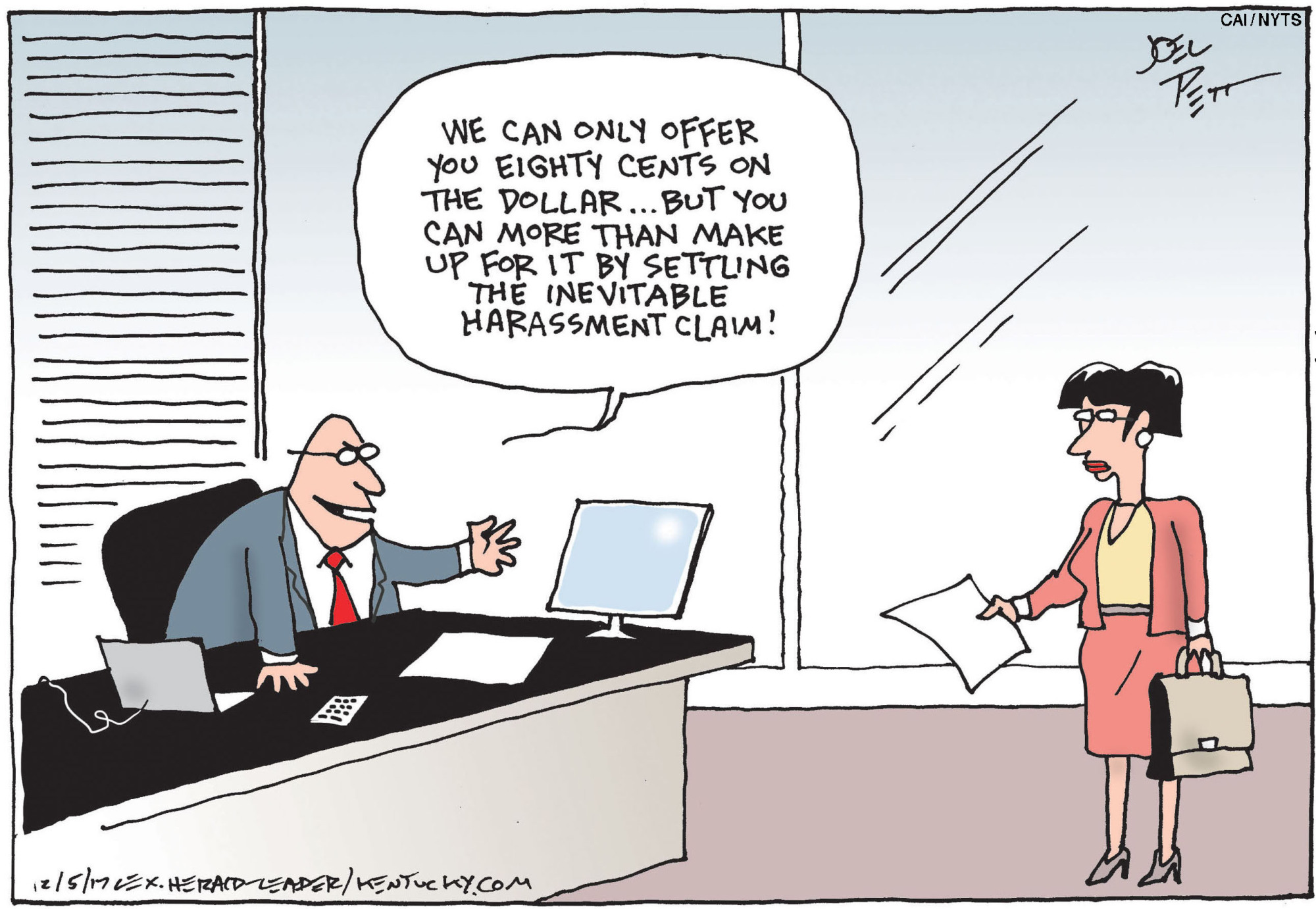U.S. Sen. Bernie Sanders says it's worth following the example of "our brothers and sisters in Iceland" who last year passed the world's most demanding law on equal pay for men and women. But the legislation, which took effect on Jan. 1, could end up hurting women without some added measures. Even ultra-egalitarian Iceland isn't ready to take them.
No other country has gone as far as Iceland in demanding equal pay for equal work. The 2017 law doesn't just expose a company that violates the principle to lawsuits. It requires all firms with 25 or more employees to set a value for each task a worker in a certain position is expected to perform, then fix salaries to the sum of those values. Bigger companies have a year to certify their compliance, obtained from authorized assessors, to the country's government Center for Gender Equality. The smallest ones have until the end of 2021. Recertification is due every three years, the law stipulates.
Iceland is doing this to redress a pay gap of 5.7 percent (although women's rights activists use higher numbers). Only one rich nation — New Zealand — has a slightly smaller gap; it's 18 percent in the United States. The payroll certification will probably shrink it further, making Iceland the undisputed world leader in this area. But it will likely hurt women's labor market participation there.


















With your current subscription plan you can comment on stories. However, before writing your first comment, please create a display name in the Profile section of your subscriber account page.